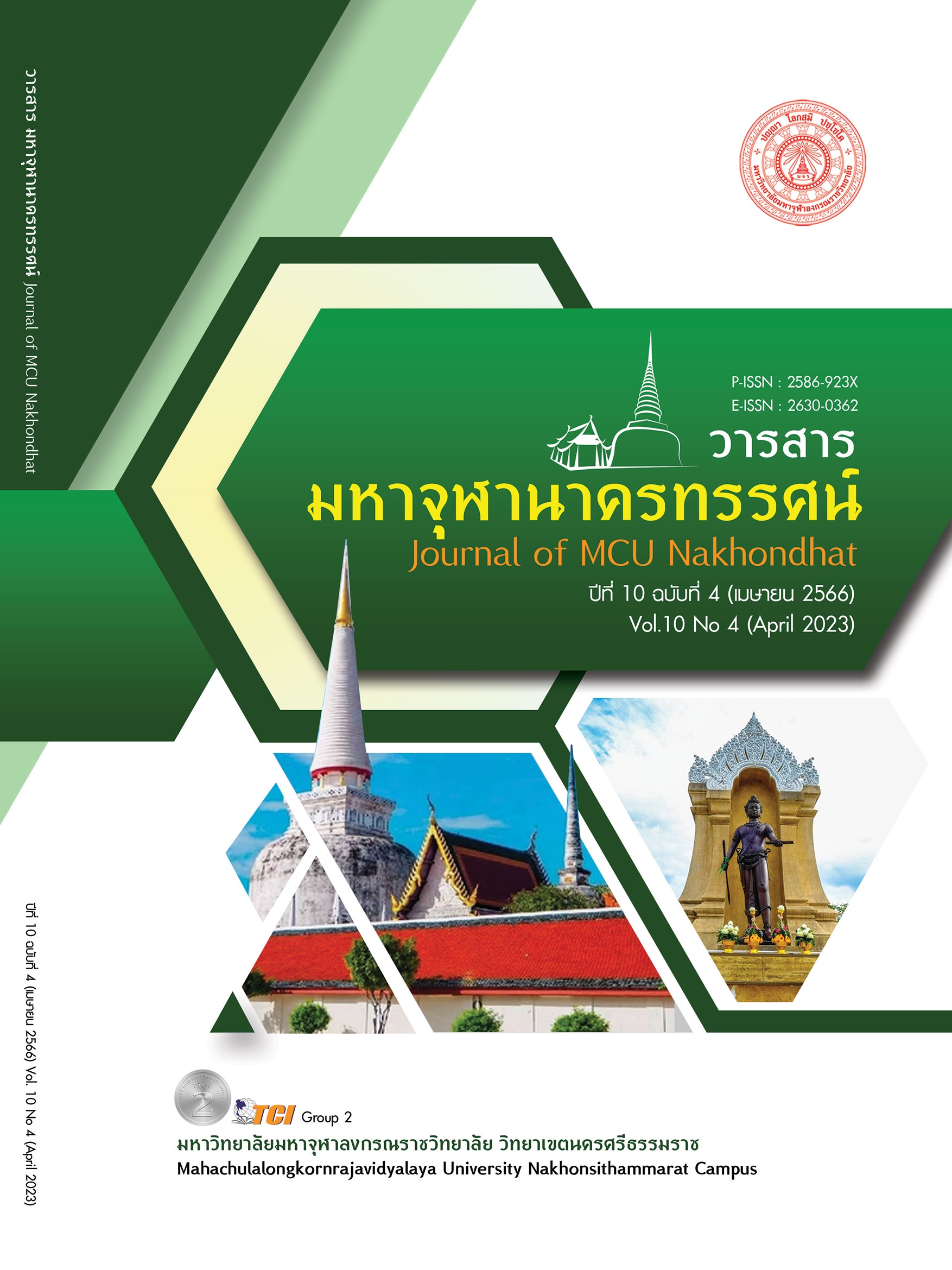THE ROLE OF PUBLIC PROSECUTOR IN INQUISITORIAL UNDER THE EXECUTIVE MEASURES IN ANTI-CORRUPTION ACT. B.E. 2551 (2008)
Main Article Content
Abstract
This research article aims to study the background, roles, duties and powers of the PACC and prosecutors. Fact-finding system and process according to the executive measures in anti-corruption Act. B.E. 2551 (2008), comparison of concepts and theories in prosecuting corruption and malfeasance of government officials in Thailand and other civilized countries. and as a guideline to improve the Thai law qualitative. By qualitative study. using a documentary research model. By studying from the Organic act on anti-corruption B.E. 2561 (2018), The Executive measures in anti-corruption act B.E. 2551 (2008) and other laws, it also collects information from books, research papers, articles, thesis and related documents. The results showed that a system for investigating and prosecuting criminal cases of corruption and malfeasance of government officials under the jurisdiction of the PACC should be developed by allowing the public prosecutor to participate in the fact-finding process of the PACC since the beginning of the case by controlling and determining the direction of the fact-finding investigation. Able to join the Fact Investigation Subcommittee to investigate the facts from the beginning of the case. When the prosecutor has completed the investigation of the facts. Next step to have an opinion to indict or not and presented to the PACC commission of point out the fault. If PACC commission agrees, proceed accordingly. If there is a disagreement to refer the matter to the Attorney General for further determination. The decision of the Attorney General shall be final. Let the prosecutor who participates in the investigation is a prosecutor who personally prosecutes such cases. Because he is aware of the facts and the best evidence will bring evidence to use in court better and more appropriate than other people. As a result, the prosecution of corruption has become more efficient. to the criminal justice process as well
Article Details

This work is licensed under a Creative Commons Attribution-NonCommercial-NoDerivatives 4.0 International License.
References
กัลยารัตน์ เอี่ยมอาจหาญ. (2551). การถอนฟ้องคดีอาญา : ศึกษากรณีพนักงานอัยการเป็นโจทก์. ใน วิทยานิพนธ์นิติศาสตรมหาบัณฑิต. มหาวิทยาลัยธรรมศาสตร์.
คณิต ณ นคร. (2528). วิธีพิจารณาความอาญาไทย : หลักกฎหมายกับทางปฏิบัติที่ไม่ตรงกัน. วารสารนิติศาสตร์, 15(3), 6-7.
คณิต ณ นคร. (2556). กระบวนการยุติธรรมในมุมมองของคณิต ณ นคร. (พิมพ์ครั้งที่ 2). กรุงเทพมหานคร: วิญญูชน.
คณิต ณ นคร. (2564). กฎหมายวิธีพิจารณาความอาญา. (พิมพ์ครั้งที่ 10). กรุงเทพมหานคร: วิญญูชน .
ชยาธร เฉียบแหลม. (2564). การรับฟังพยานบอกเล่าในคดีอาญาระบบไต่สวน. วารสารนิติศาสตร์ มหาวิทยาลัยธรรมศาสตร์, 50(3), 282-285.
ปาณิศ วงศ์ทุมมาลา. (2555). ความเป็นภาวะวิสัยของพนักงานอัยการศึกษาเปรียบเทียบกฎหมายไทยและฝรั่งเศส. ใน วิทยานิพนธ์นิติศาสตรมหาบัณฑิต. มหาวิทยาลัยธุรกิจบัณฑิต.
ภาวิณี หาญธงชัย. (2563). เอกภาพการสอบสวนในคดีอาญา : ศึกษาอำนาจการสอบสวนคดีอาญาของพนักงานฝ่ายปกครอง . ใน วิทยานิพนธ์นิติศาสตรมหาบัณฑิต. มหาวิทยาลัยธรรมศาสตร์.
วรวิทย์ สุนทรเสถียรเลิศ. (2557). การเริ่มคดีโดยพนักงานอัยการ. ใน วิทยานิพนธ์นิติศาสตรมหาบัณฑิต. มหาวิทยาลัยธุรกิจบัณฑิตย์.
สำนักงานคณะกรรมการป้องกันและปราบปรามการทุจริตในภาครัฐ. (2565). รายงานสถิติสำนวนคดีของสำนักงาน ป.ป.ท. ประจำเดือนกันยายน พ.ศ.2565. เรียกใช้เมื่อ 30 พฤศจิกายน 2565 จาก https://www.pacc.go.th/index.php/home/view_ content/45/9329


